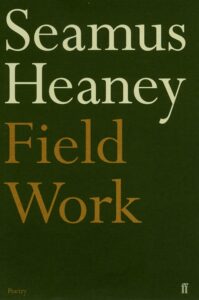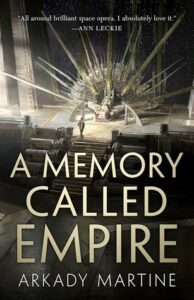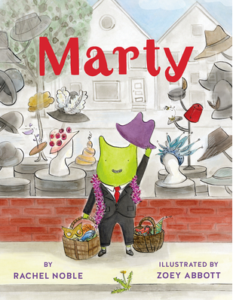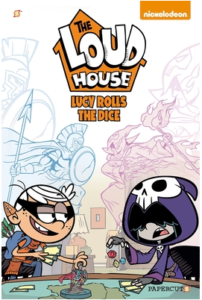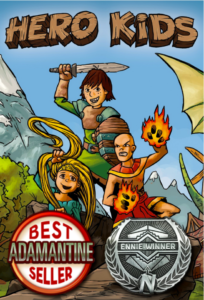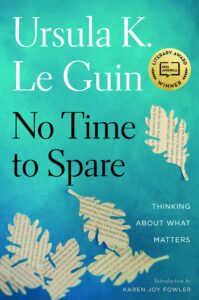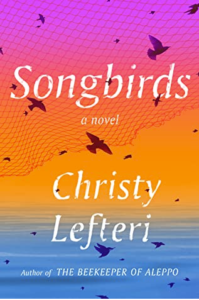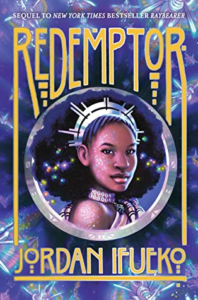Let me stipulate from the beginning that A Promised Land is not a revelatory book like Dreams from my Father, a book Barack Obama wrote when he had no idea he would be President of the United States one day, when he was finishing figuring out who he was and why anyone who didn’t know him personally might be interested in his life, a book he wrote in part to explain himself to himself, and in part to impress Michelle. Let me also stipulate that A Promised Land is not as relatable as Becoming, not a finely honed work executed with the utmost craftsmanship, designed to show how an ordinary girl from the South Side of Chicago could grow into an extraordinary woman, and to make millions of readers feel they knew Michelle Obama as well as they knew their best friends, and incidentally to think she could easily become a good friend too. As the first half of a presidential memoir, A Promised Land is doing something different from either of those books. It lays out how Barack Obama sees his campaign and his time in office. The constitutional lawyer, the policy maven, and the gifted communicator all work together to make the case for the roads he took, the choices he made, the way that he and his team handled the challenges and crises that inevitably arose.

Obama spells out his goals for the book in the second paragraph of the preface. “First and foremost, I hoped to give an honest rendering of my time in office.” That includes not just the actions that he and his team took, but the contexts in which they were working, the times in which they were living. “Where possible, I wanted to offers a sense of what it’s like to be the president of the United States; I wanted to pull the curtain back a bit and remind people that, for all its power and pomp, the president is still just a job and our federal government is a human enterprise like any other, and the men and women who work in the White House experience the same daily mix of satisfaction, disappointment, office friction, screw-ups, and small triumphs as the rest of their fellow citizens.” With these first two, I think he succeeds. “Finally, I wanted to tell a more personal story that might inspire young people considering a life of public service: how my career in politics really started with a search for a place to fit in … and how it was only by hitching my wagon to something larger than myself that I was ultimately able to locate a community and purpose for my life.” (pp. xiii–xiv) I’m less certain about that last, but I no longer fit the inspirable young people demographic and thus may not be the best judge.
A Promised Land is never less than elegantly readable, but there is a lot of it (700 page of main text) and it is very Obama: clear, earnest, sometimes funny, and given to both tripartite rhetoric and finely nuanced distinctions. The book begins with a short version of his life growing up, a story he has told better in Dreams from My Father and that David Remnick has told better in The Bridge. A Promised Land ends with the raid that killed Osama bin Laden, as seen from the White House. Obama divides the pages in between into seven parts. “The Bet” is that a first-term Senator with a funny name should run for president. Part two, “Yes We Can” covers the campaign; “Renegade” (the title comes from his Secret Service code name) details the first months of Obama’s presidency. Part four, “The Good Fight,” concentrates on domestic matters in the first years, particularly on rescuing the economy from the financial crisis of 2008 and on gaining passage of the Affordable Care Act. In “The World As It Is,” he deals with the world, as it is, and he tells of his efforts to make it more like he would want it to be. “In the Barrel” gives a sense of what a presidency is like away from its signature policies and crucial events. The sixth part of the book shows some of the thousands of items that are life-defining for the people involved but just part of the steady fire hose of decisions that land in the Oval Office. The final part of A Promised Land, “On the High Wire” begins with the Obama administration and the rest of the Democrats picking themselves up from the beating they took in the 2010 elections. It focuses again on international affairs, with special attention to the wider Middle East. It closes with the raid on bin Laden. Success there sets up the forthcoming second part of Obama’s presidential memoirs. The re-election campaign would essentially be waged on two achievements: General Motors (standing for the economy as a whole) was alive and Osama bin Laden was dead. Neither of those would have been a certainty under a Republican administration, or so the 2012 Obama campaign would argue.
Continue reading

